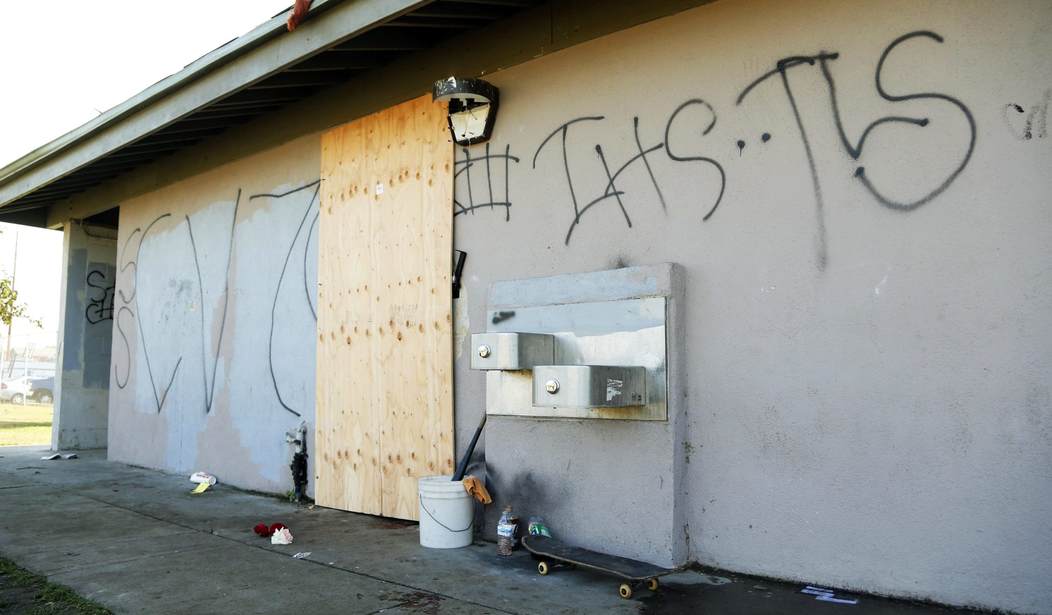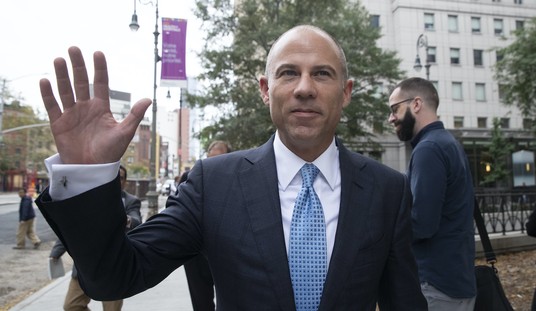Bureaucratic bungling is morphing into scandal in California, and former Attorney General Kamala Harris scrambled in December to keep the paperwork snafus away from the incoming Trump administration before she moved to Washington to be sworn in as California’s junior senator.
The problem is twofold. To begin with, what’s known as CalGang in California — a law enforcement intelligence system meant to keep track of criminal gang members — is all messed up. That would be bad enough, but paperwork errors in local and state governments are not unusual.
What complicates this particular pencil-pushing nightmare is President-elect Trump’s promise to immediately deport, some say without due process, illegal aliens who are found to be criminal gang members.
But what happens if the list of criminal gang members, as it is in California, is filled with errors?
CalGang is a state-funded criminal intelligence system shared by local police departments in California that targets “members and associates of Criminal Street Gangs,” according to the CalGang information page on the state attorney general’s website.
The webpage proclaims CalGang tracks the “descriptions, tattoos, criminal associates, locations, vehicles, criminal histories, and activities” of gang members.
CalGang is controlled by two oversight committees, the California Gang Node Advisory Committee, which deals with day-to-day operations, and the CalGang Executive Board, which handles administrative, policy and sustainability issues.
Sustainability could be a problem.
Although the state AG’s office described CalGang as being “a wide area, low cost, easy to use, securely networked, relational, intelligence data base,” state officials are worried that as a result of a “weak oversight structure it contains questionable information that may violate individuals’ privacy rights.”
And much of the information is just wrong.
An August 2016 California audit found pages and pages of errors in the CalGang database.
One example cited in the state audit report is that of a young man jailed in Sonoma County on a charge of resisting arrest.
An entry in CalGang shows that he admitted to being a gang member. But further investigation by state officials showed that he actually said he was “not” a gang member. And besides, the charge of resisting arrest falls short of what California law considers to be a “gang-related crime.”
But that one sad case is only one instance of a paperwork error in keeping track of California’s gang members.
The audit also found 42 people listed in CalGang were under the age of one, but 28 of those babies admitted being in gangs.
Something’s wrong there, right? Wait. There’s more.
CalGang regulations, as do federal regs, mandate that records of accused gang members must be purged five years after the first date of entry, unless new evidence of their gang activity surfaces.
But the audit showed 600 people in the database with purge dates “well beyond the five-year limit; in fact, more than 250 of them had purge dates set more than 100 years in the future.”
Gov. Jerry Brown (D) signed legislation in November meant to address the systemic errors in the way the CalGang database works. But what’s been done has been done. And we all know how long it took to turn around the Titanic.
What is going to happen when the Trump administration gets hold of the CalGang database and starts deporting the hundreds of thousands of people (and 42 infants) who have been tied to gang activity?
Former Attorney General Harris decided in December that she would do her best to make sure that doesn’t happen.
But she can’t do it alone. Not only has Harris moved to Washington as California’s new junior senator, it will take an act of the state legislature to wrest control of CalGang away from the two groups that now oversee the database.
During her last month in Sacramento, Harris sent a letter to lawmakers in Sacramento asking for approval of legislation to transfer control of CalGang to the California Attorney General’s Office.
Without naming the name of the next president of the United States, Harris wrote that there were “justified concerns” that the federal government, if it got its hands on the CalGang database, could “fulfill potential deportation policy objectives…that are inconsistent with California’s compelling interesting in ensuring public safety for all our residents.”
“At a time when the stakes have never been higher, it is critical that action be taken to safeguard Californians from undue persecution. It is my hope that our state legislative leadership acts quickly to rectify this threat,” Harris added in her letter to Senate President Pro Tempore Kevin de León and Speaker of the Assembly Anthony Rendon.
Josh Green, a staff attorney and criminal justice program manager at the Urban Peace Institute in Los Angeles, told the Voice of OC that Harris’ admission of the CalGang problem was a “huge step…a paradigm shift.”
“It’s an acknowledgement by the attorney general – the top cop in the state,” said Green,“that the data in the CalGang database, just like the audit found, is often unverified or corrupt data.”








Join the conversation as a VIP Member